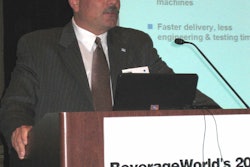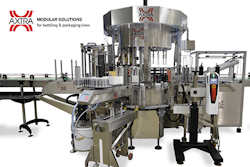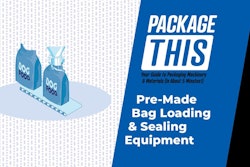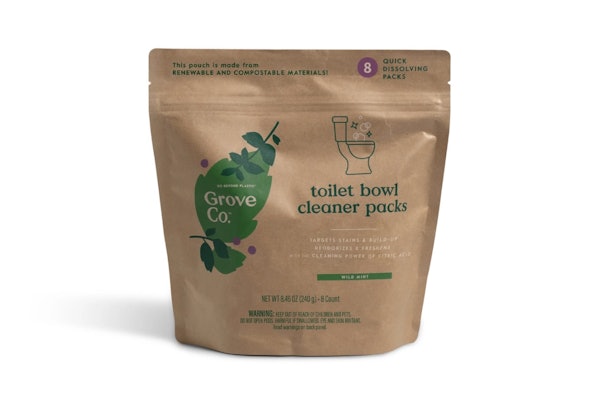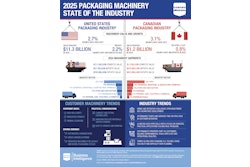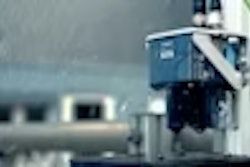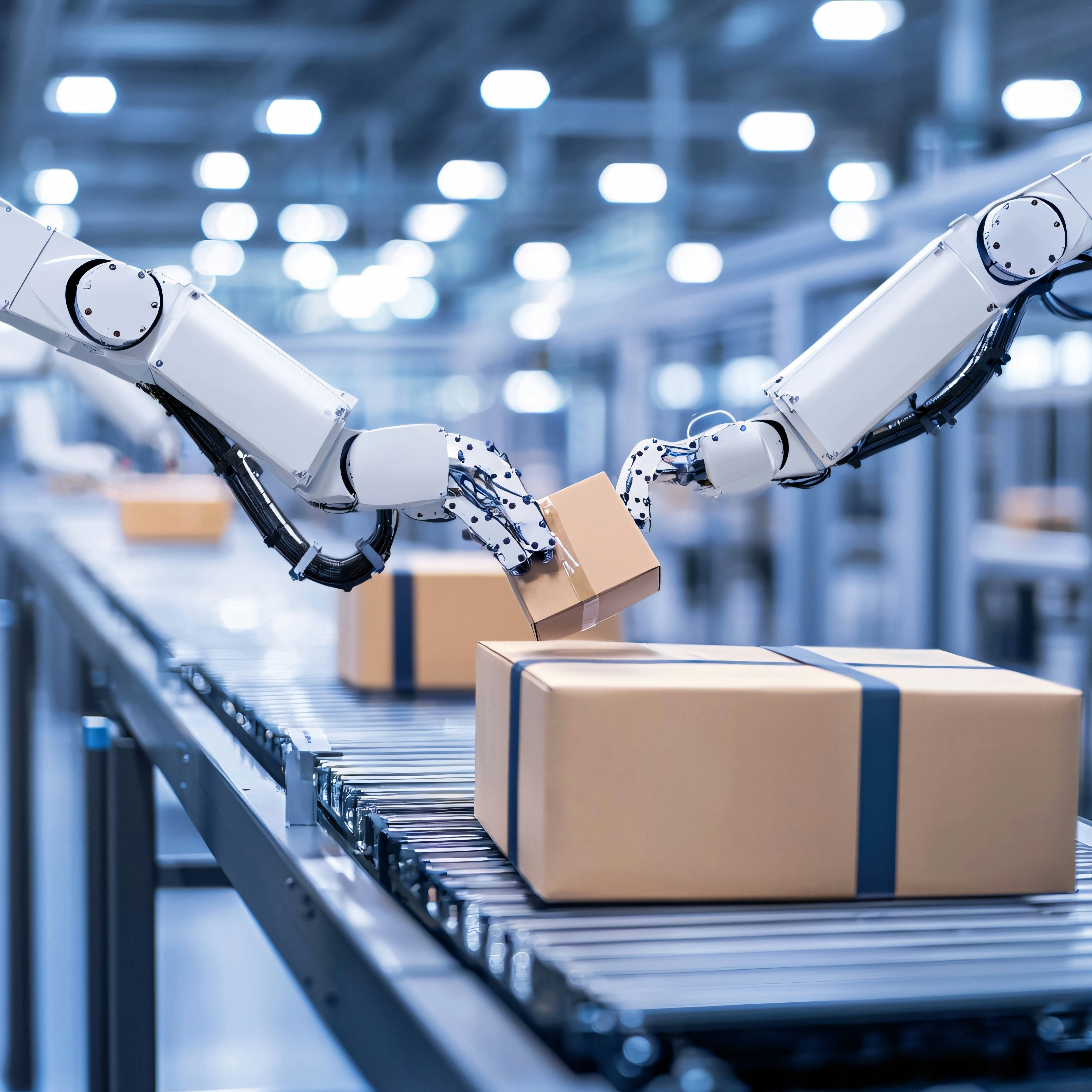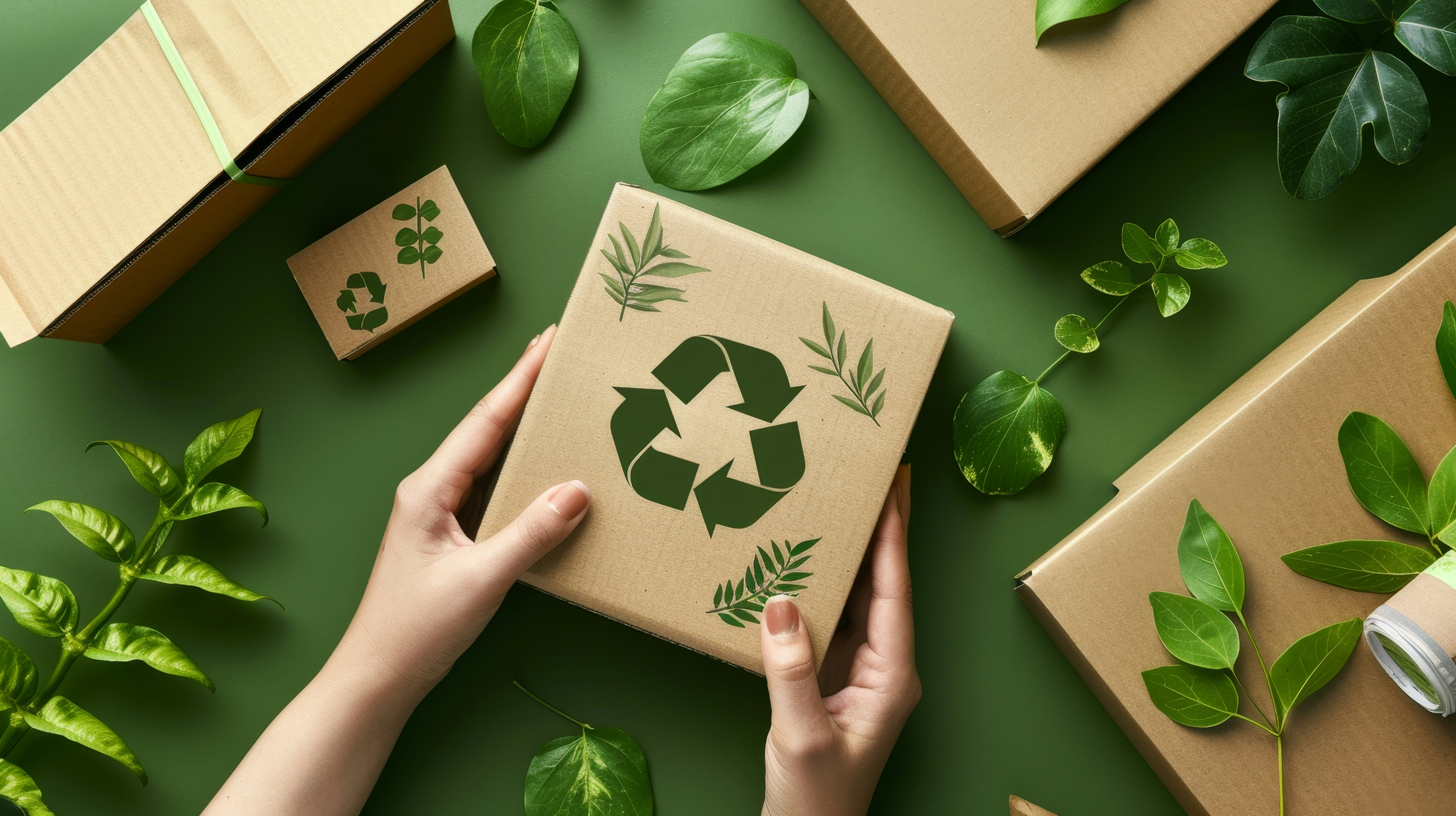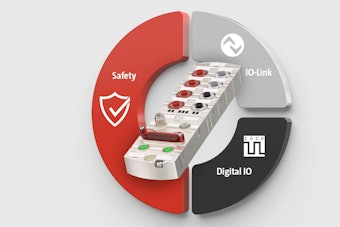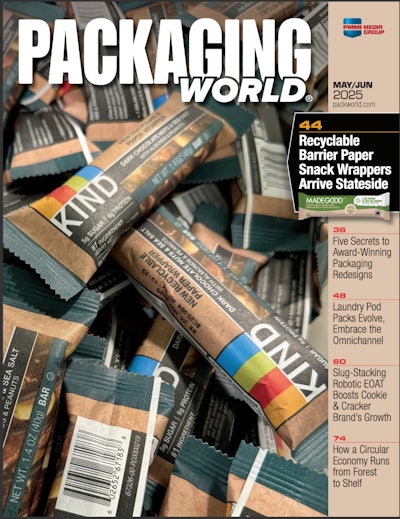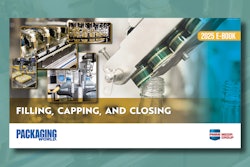He points to estimates that one in 20 pharmaceutical products on the market is a counterfeit, but he adds that in developing countries, the ratio increases to one in three.
Although counterfeits appear to be a modest problem thus far in the United States, Kouri warns that Web-based marketing of pharmaceuticals may change that. And that won’t be exclusively due to the fact that Web sites may be supplying pharmaceutical products made in developing countries. In fact, he points out, the European trade environment could be permitting the introduction of counterfeits into what otherwise would be secure drug distribution systems.
Europe, he says, allows free trade in pharmaceutical products. Individual governments can set up different pricing mechanisms, which encourage parallel imports. (Where governments import both directly from drug manufacturers as well as from other countries where controlled drug prices may be less.) Kouri cites the wide disparity of pricing for pharmaceuticals between Greece and Sweden as an example. In this instance, Germany may buy a medicine direct from its maker, but it may also buy the same drug from Greece, where government-controlled prices may be less than buying direct.
“There is a need for stakeholder accountability, uniform systems, and regulation leading to accountable supply chain management by all players delivering medicines to patients in Europe,” says Julian Mount, senior director of European trade for Pfizer, Inc. “This means pan-European legislation, regulatory coordination, appropriate technologies, and the need to better enforce the repackaging of medicines to ensure patient safety and medicine integrity.”
The same rationale could be applied to other areas of the world, especially in Africa. The threat, according to Jim Thomson, chief executive officer of the Centre for Mental Health in the United Kingdom, is the “loaded gun” that phony pharmaceuticals represent to the world.
“Potent substances are freely available on the Internet and can be ordered easily without any prescription and any authentication of sources,” he says, “making the public vulnerable to health hazards and public health vulnerable to growing antimicrobial and drug resistance.”
Uneven enforcement is like a “ticking bomb,” according to Ian Lancaster, director of Reconaissance Intl., organizers of the Global Forum on Pharmaceutical Anticounterfeiting, the second of which was recently held in Paris. “As long as the fight against counterfeits is not a concerted effort,” Lancaster said, “criminals will be able to exploit the loopholes in the system.” —Arnie Orloski




